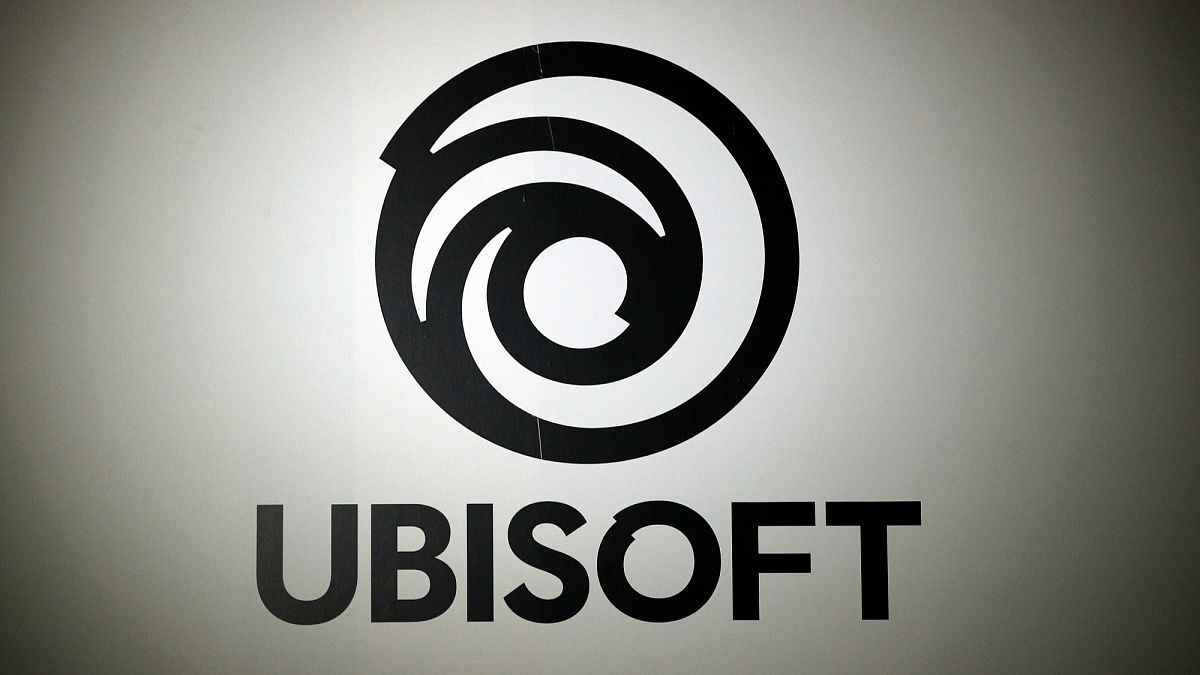Three former top executives from French video game giant Ubisoft – the maker of games like Assassin’s Creed and Far Cry – went on trial today.
Serge Hascoët, Thomas “Tommy” François and Guillaume Patrux appeared before the Bobigny criminal court on charges of psychological abuse, sexual harassment and attempted sexual assault.
The trial is due to continue until Friday. During the week, the judges will hear the accounts of six women and three men, as well as accusations made by two trade unions.
The defendants deny all the allegations against them.
The Ubisoft omerta began to break in 2020. Three years prior, a Ubisoft employee tried to report psychological harassment to his superiors. The response? “You stop talking about this immediately. There’s no problem at Ubisoft.”
But then came an in-depth investigation conducted by French publications Libération and Numerama. The examination revealed working conditions plagued by harassment, humiliation and discriminatory comments.
Ubisoft then launched an internal inquiry in 2020 after anonymous testimonies emerged on social media accusing the company of a toxic work culture.
Investigators spoke to dozens of witnesses during the probe, but “many refused to file a complaint for fear of reactions from the video game community.”
Still, the testimonies that poured in painted a damning picture of what went on behind the walls of the Ubisoft studios.
Serge Hascoët, 59, Ubisoft’s chief creative officer and second-in-command, who resigned after the allegations, is accused of sexual harassment and bullying. He is also accused of making racist comments. He allegedly told staff that a senior employee was irritating because she did not have enough sex and that he should have sex with her in a meeting room in front of everyone “to show how to calm her.”
Thomas François, 52, former vice-president of editorial and creative services, is accused of forcing a young employee he had just hired to do a headstand in the open-plan office while wearing a skirt. He is also alleged to have often watched pornographic films in the open-plan office and, at a 2015 office Christmas party, he allegedly tried to kiss a colleague on the mouth as his other colleagues restrained the woman. She said she managed to break free and felt “traumatised” by the incident.
Former game director Patrux, 41, has been accused of psychological harassment and was dismissed for serious misconduct. He is alleged to have mimed hitting staff, cracked a whip near colleagues’ faces and drawn swastikas on a woman’s notebook as he sat near her in a meeting.
Other examples which allegedly took place under the complicit or indifferent eye of Ubisoft management include shameful examples of public humiliation. For instance, a young Muslim member of staff allegedly found her screensaver changed to an image of a bacon sandwich, while sandwiches were thrown at her during Ramadan.
Other women alleged to police that sexual comments were made regularly, that they were called “sluts” and told to wear shorter skirts. One woman who wore a coat with red lining was allegedly told by an executive: “That’s an invitation to rape.”
This week’s trial is a pivotal moment for the gaming industry, one hailed by some as a #MeToo moment in the video games “boys club”. Indeed, the male-dominated video game publishing industry has been scrutinised for years over its treatment of women and minorities, as well as the way these groups are depicted in games.
However, there are those who feel that this week’s trial is not enough.
“This trial could have been exemplary,” according to Marc Rutschlé, union delegate at Solidaires Informatique. He told L’Humanité: “It wasn’t three isolated individuals who created this atmosphere of widespread harassment. Their impunity was organised. There are no defendants and many victims. The whole structural aspect has been evacuated.”
Indeed, Ubisoft is taking great care to keep out of the trial as neither the human resources department, nor any representative of the company as a legal entity or its CEO Yves Guillemot, will be making an appearance in court.
Guillemot allegedly previously referred to some of the accusations as “generational differences of opinion” and “creative friction”.
The trial continues in Bobigny until Friday 6 June.
Additional sources • Liberation, AFP, L’Humanité

